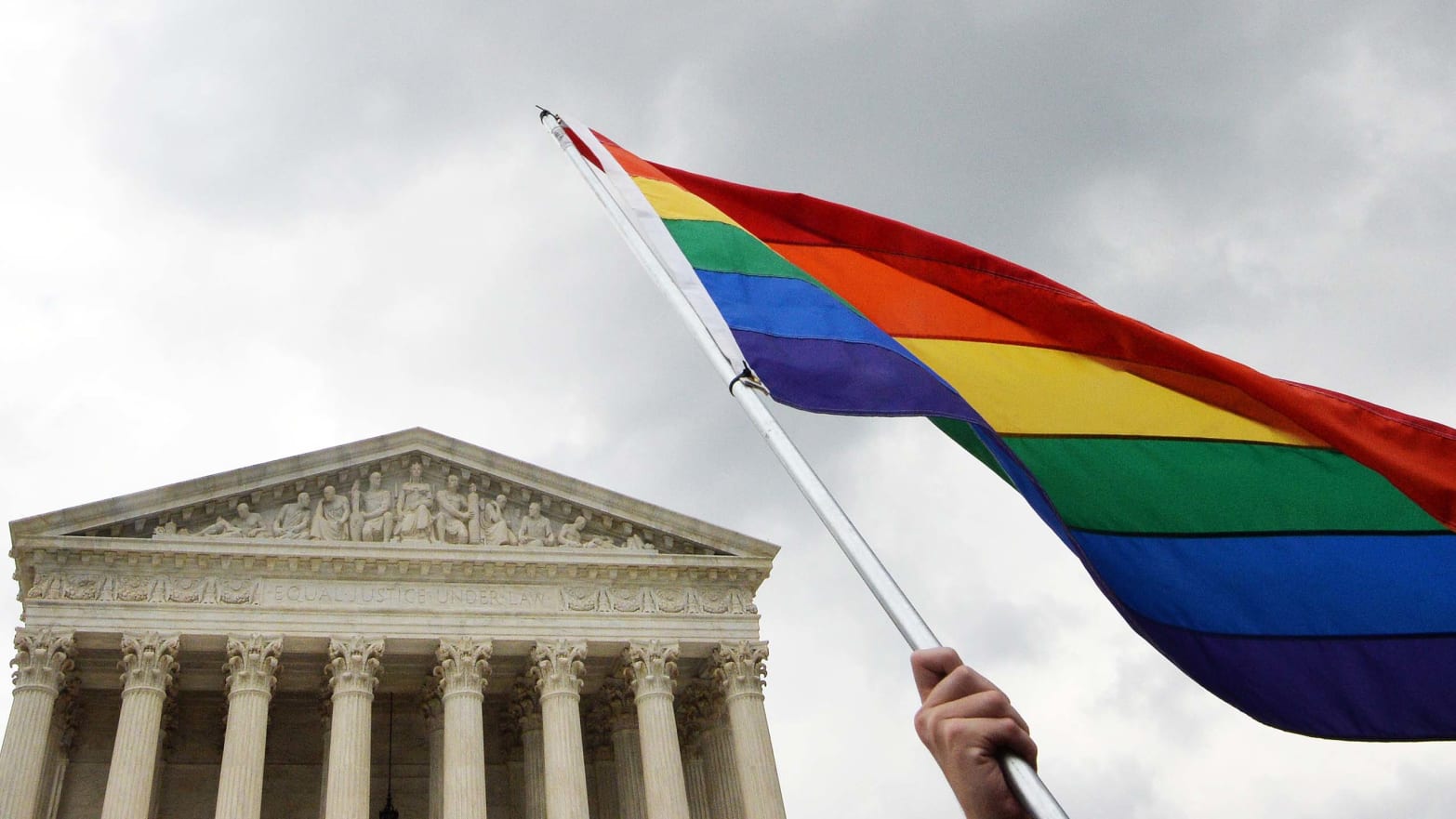
PRACTITIONER BLOG
Read our analyses of developments in Impact Litigation and stay current on class action law

Protect Nutrition Assistance for Vulnerable Low-Income Adults, Say Impact Fund and Others in Amicus Brief
Last Thursday, the Impact Fund, Western Center on Law and Poverty, and Pillsbury Winthrop Shaw Pittman LLC filed an amicus brief on behalf of our organizations and 27 additional legal and advocacy organizations in California, including a number of anti-hunger groups, in support of the plaintiffs in the D.C. case. Our brief focuses specifically on discretionary exemptions, which will be critical to California’s economic recovery. We detail the legislative debates considering and ultimately rejecting the very same changes that USDA seeks to implement, the plain language and history of the statute, and the harm that California faces if it loses its reserve of over 850,000 exemptions. California uses discretionary exemptions to prevent hunger in communities that face special difficulties in finding work, such as people who are formerly incarcerated or young adults aging out of the foster care system. If USDA’s rule goes into effect, it will eliminate the State’s reserve and could cause thousands of Californians to go hungry.

Impact Fund and Allies File Amicus Brief Urging SCOTUS to Protect LGBTQ Workers
LGBTQ workers are entitled to the full protections of our nation’s laws. If the Supreme Court rules that Title VII does not prohibit discrimination based on sexual orientation and gender identity, it will create an arbitrary and painful carve-out to the landmark civil rights law, leaving LGBTQ workers vulnerable to discrimination and harassment on the job. The Impact Fund and our allies urge the Court to adopt a uniform, protective standard that will fulfill Title VII’s promise of equal employment opportunity for all.
Standing Up for the Full Promise of Equal Employment Opportunity
Victor Guerrero applied twice for employment as a Corrections Officer with the California Department of Corrections and Rehabilitation (“CDCR”). Both of his applications were subject to a multi-step review process, one step of which was a background investigation questionnaire. Since 2009, the background investigation questionnaire has included the following question: “Have you ever had or used a social security number other than the one you used on this questionnaire?” This question, known as Question 75, exclusively eliminated Latino applicants—including Mr. Guerrero—from the review process. Mr. Guerrero filed suit, alleging Question 75 has a disparate impact on Latino applicants.
